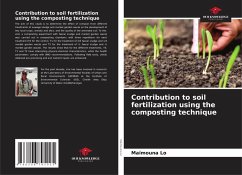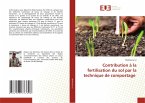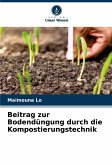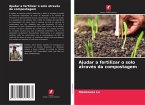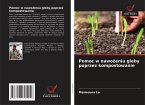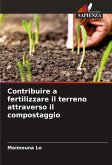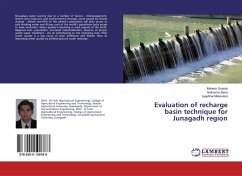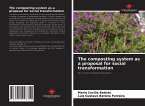The aim of this study is to determine the effect of compost from different treatments of sewage sludge and market garden waste on the development of two local crops, tomato and okra, and the quality of the amended soil. To this end, a composting experiment with faecal sludge and market garden waste was carried out in composting chambers with three repetitions for each treatment (T0 for the control, T1 for the treatment of 2/3 faecal sludge and 1/3 market garden waste and T2 for the treatment of ½ faecal sludge and ½ market garden waste). The results show that for the different treatments, T0, T1 and T2 have interesting physico-chemical characteristics, while the health parameters comply with WHO recommendations. Following field tests, yields obtained are promising and soil nutrient inputs are enhanced.
Bitte wählen Sie Ihr Anliegen aus.
Rechnungen
Retourenschein anfordern
Bestellstatus
Storno

